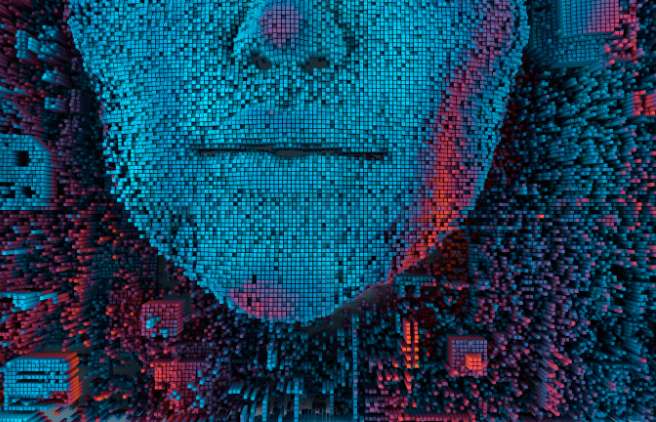[ad_1]
The Future of Work: How Artificial Intelligence and Machine Learning are Changing Employment
The rise of artificial intelligence (AI) and machine learning (ML) has been one of the most significant technological advancements of the 21st century. From self-driving cars to virtual assistants, AI and ML have already transformed various aspects of our lives. And now, these technologies are poised to change the landscape of employment.
AI and ML are set to revolutionize the way we work, redefining job roles, and reshaping industries. From automation to predictive analytics, these technologies are expected to have a profound impact on employment in the coming years.
One of the most significant changes that AI and ML will bring to the workforce is the automation of repetitive and routine tasks. This may lead to the displacement of certain jobs, particularly those that are easily replaceable by machines. However, this also presents an opportunity for workers to focus on more creative, problem-solving tasks that require a human touch.
In addition, AI and ML are enabling the creation of new job roles and industries. As these technologies become more advanced, there will be an increased demand for individuals with expertise in data science, machine learning, and AI development. Companies will need employees who can harness the power of AI and ML to drive innovation and competitive advantage.
Furthermore, AI and ML are helping businesses make better decisions through predictive analytics. By analyzing large volumes of data, these technologies can forecast trends, identify potential risks, and optimize processes. This means that certain job roles, such as data analysts and business strategists, will become increasingly important in the future of work.
However, the rise of AI and ML also raises concerns about job displacement and the potential for inequality in the workforce. As machines take on more tasks, there is a risk that certain job roles will become obsolete, leading to unemployment for those who are not equipped with the necessary skills to thrive in the new digital economy.
To address these challenges, it is crucial for businesses and governments to invest in retraining and upskilling programs. By providing workers with the opportunity to learn new skills, they can adapt to the changing employment landscape and remain relevant in the workforce. Additionally, efforts should be made to ensure that the benefits of AI and ML are distributed equitably, and that no one is left behind as these technologies continue to evolve.
The future of work is undeniably intertwined with AI and ML. As these technologies continue to advance, the way we work will be transformed in profound ways. While there are challenges to overcome, the potential for innovation and growth in the workforce is immense. By leveraging the power of AI and ML, we can create a more efficient, productive, and inclusive workforce for the future.
[ad_2]

